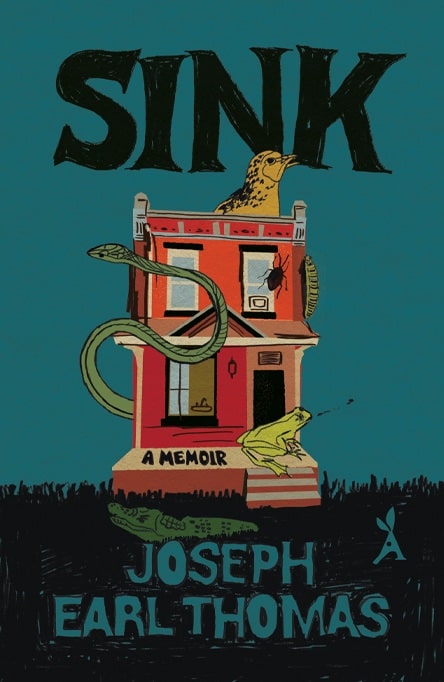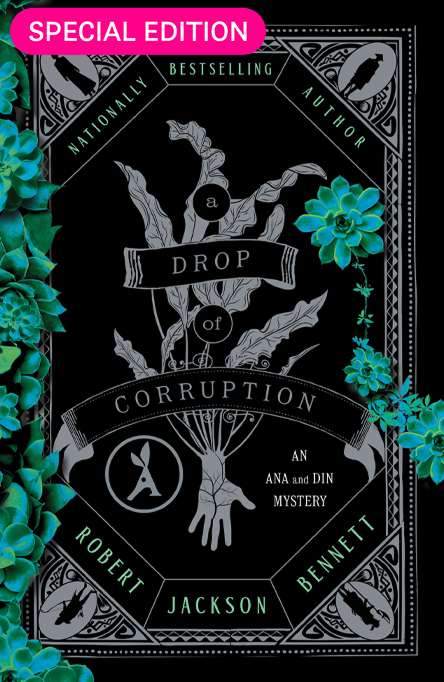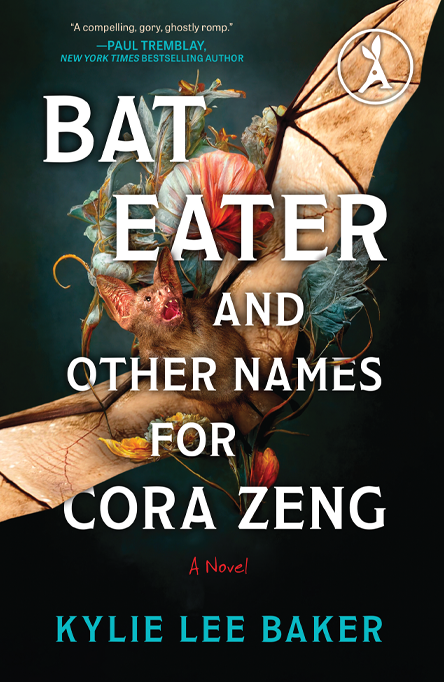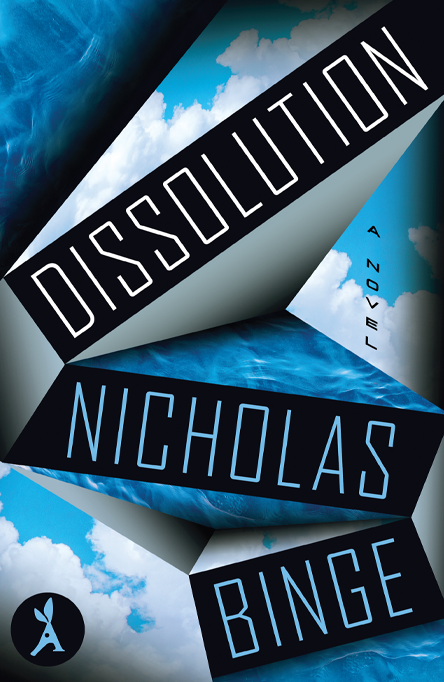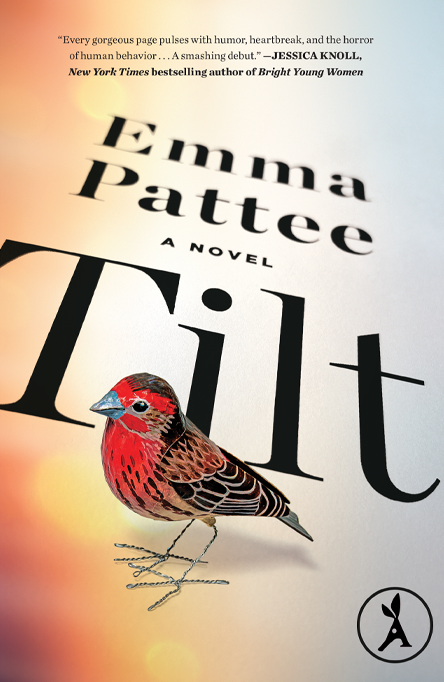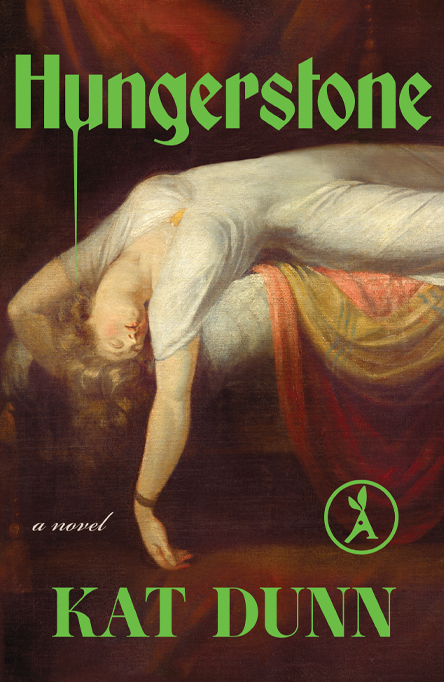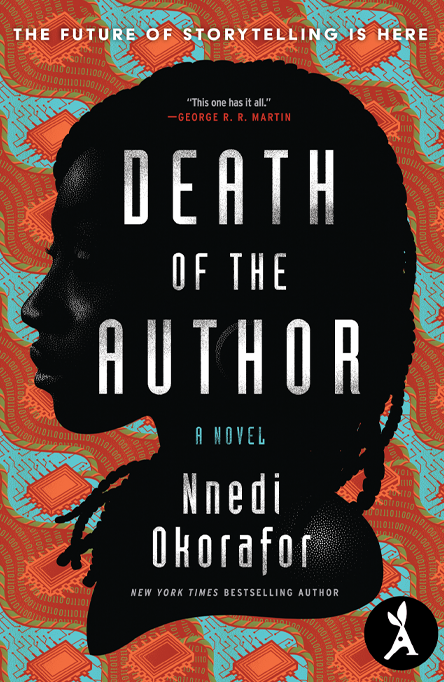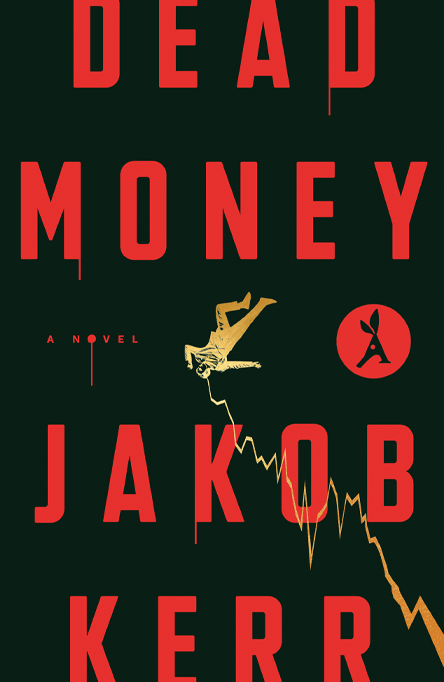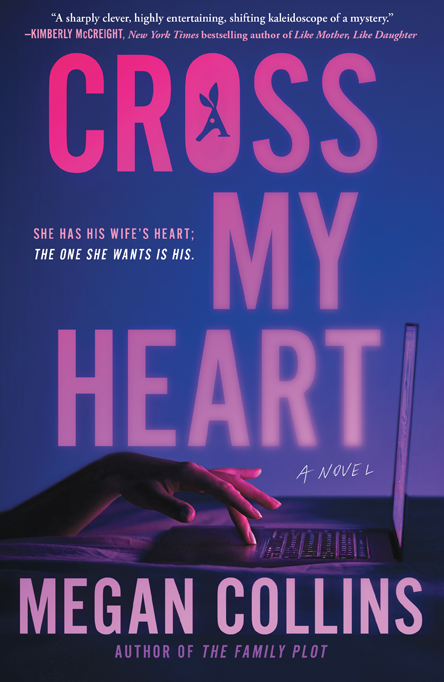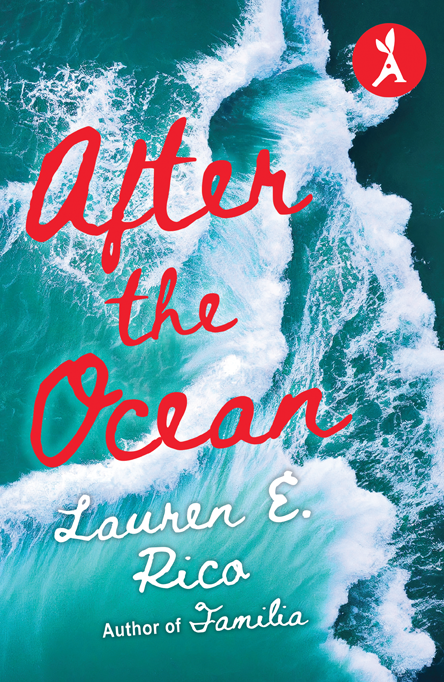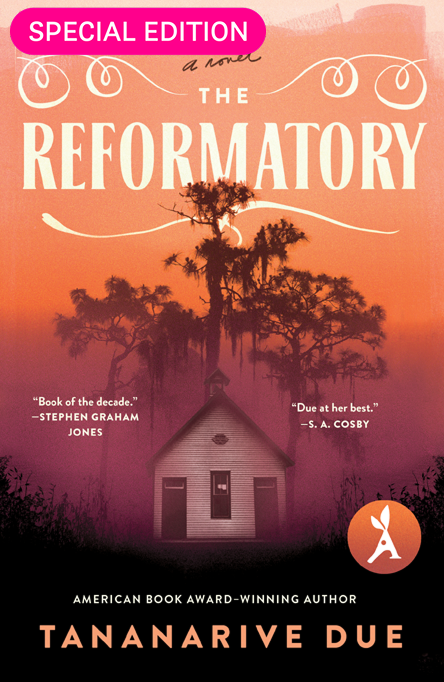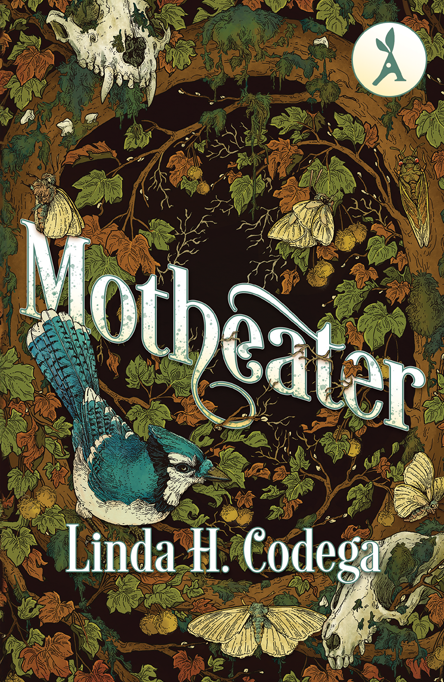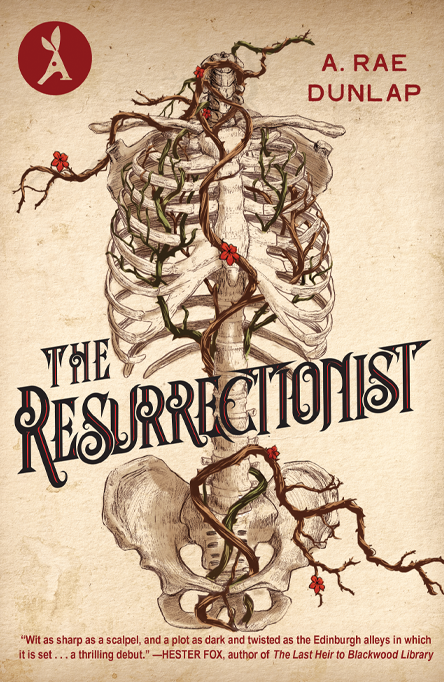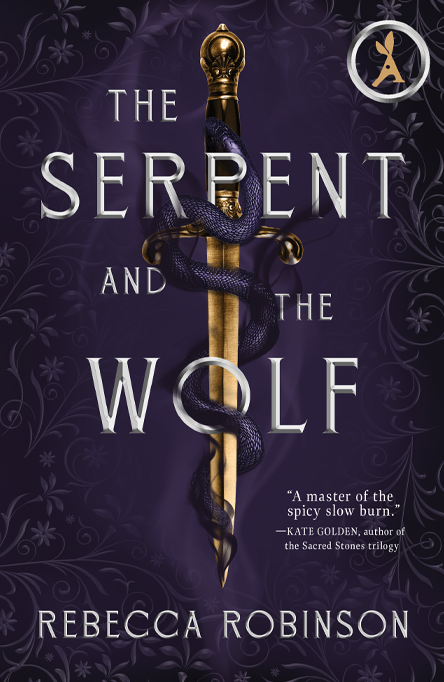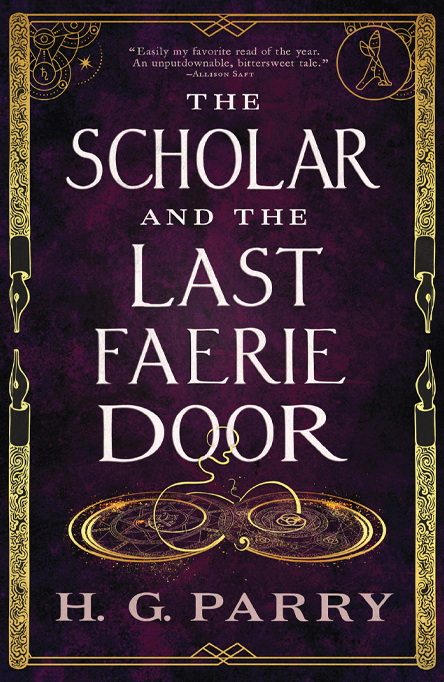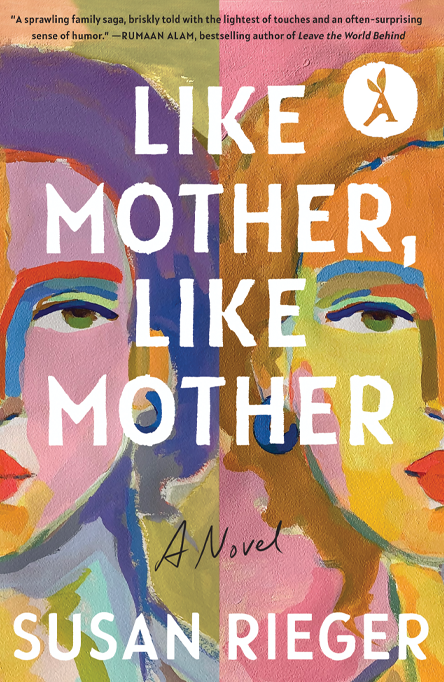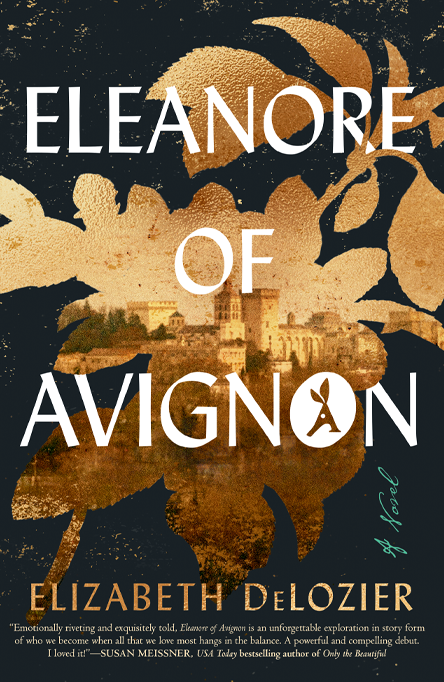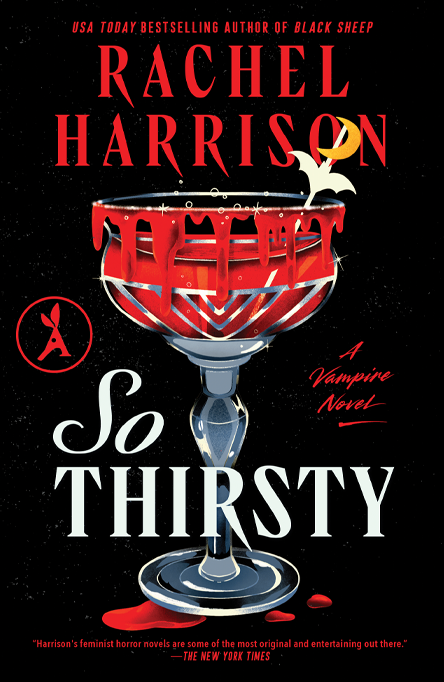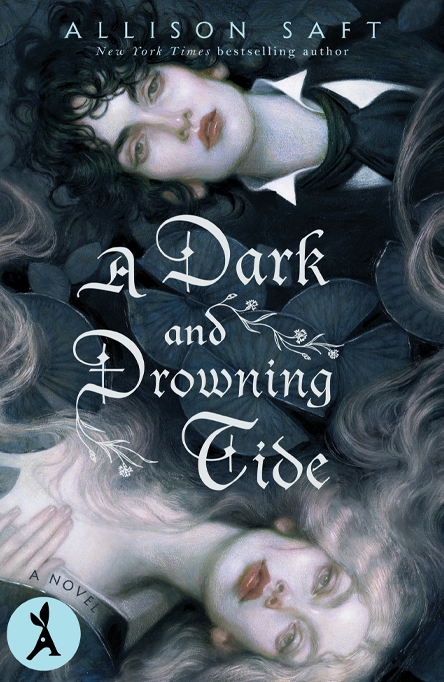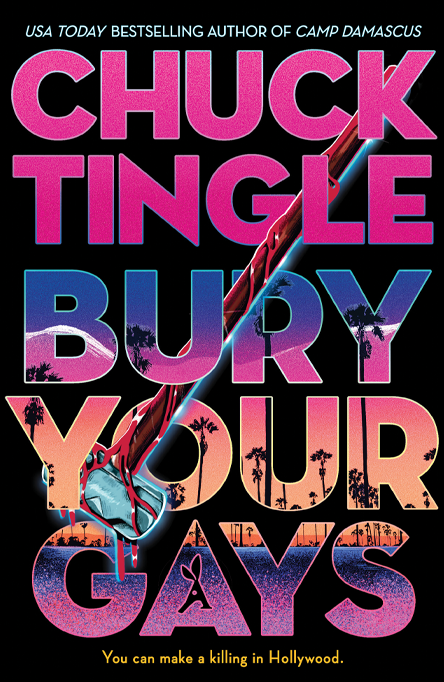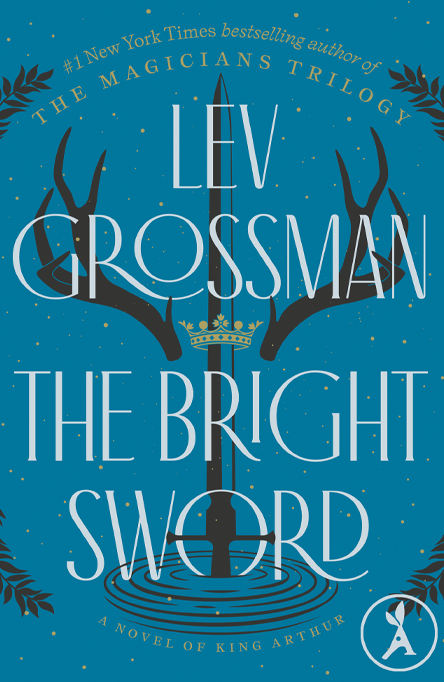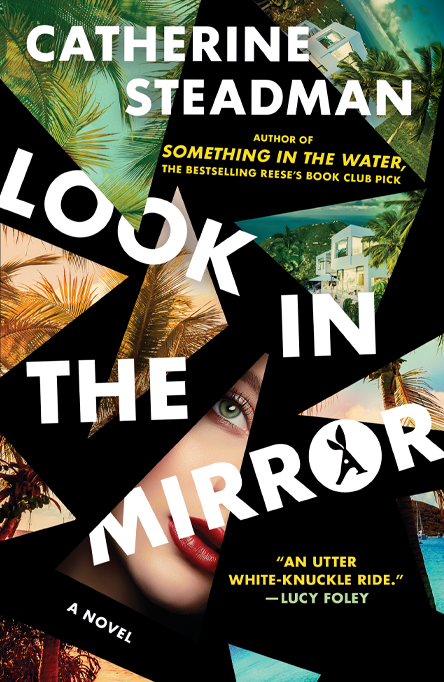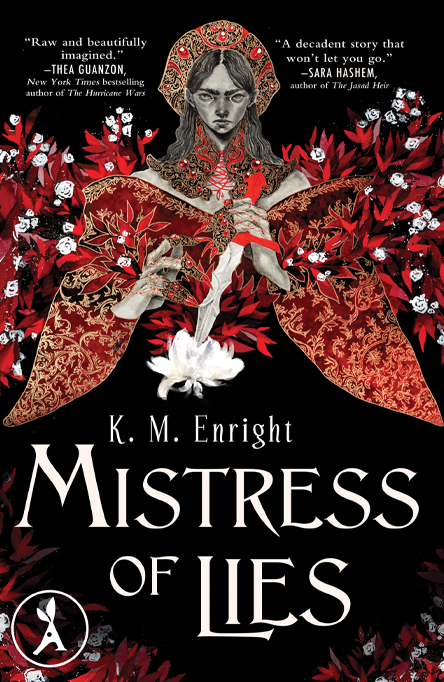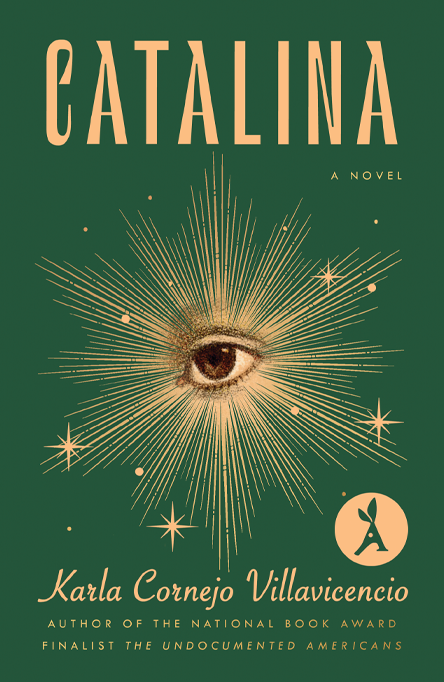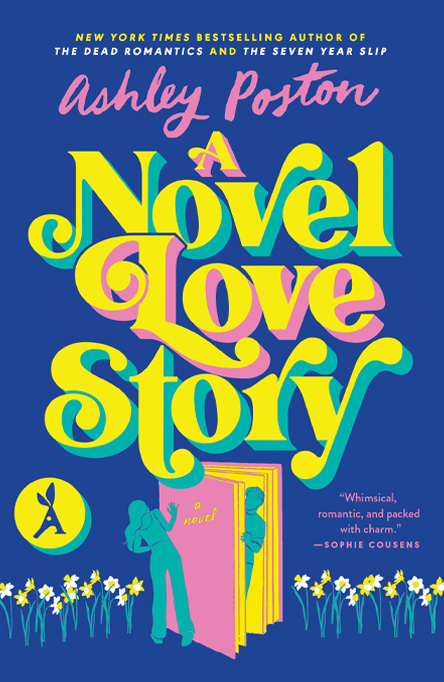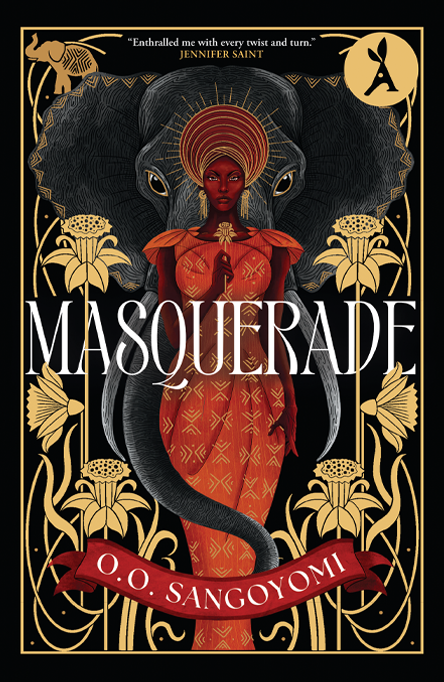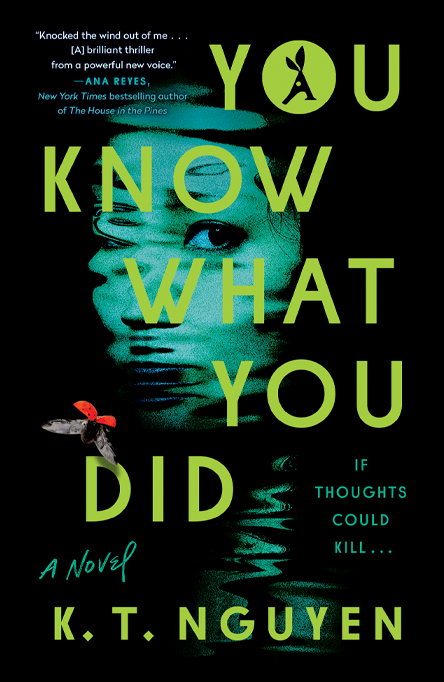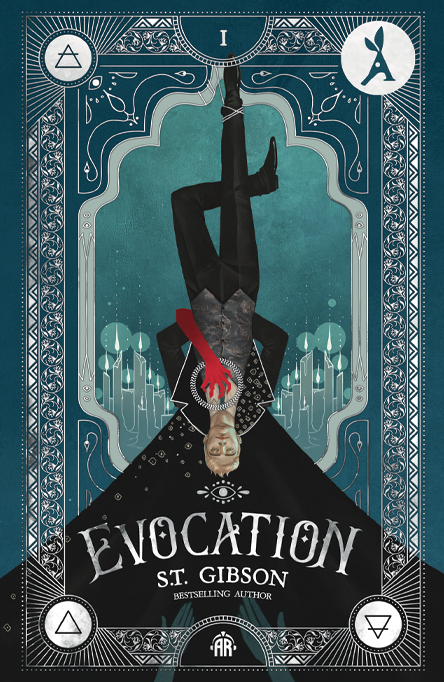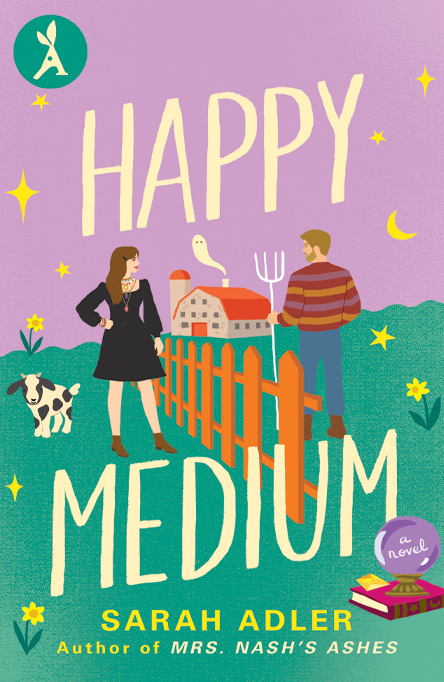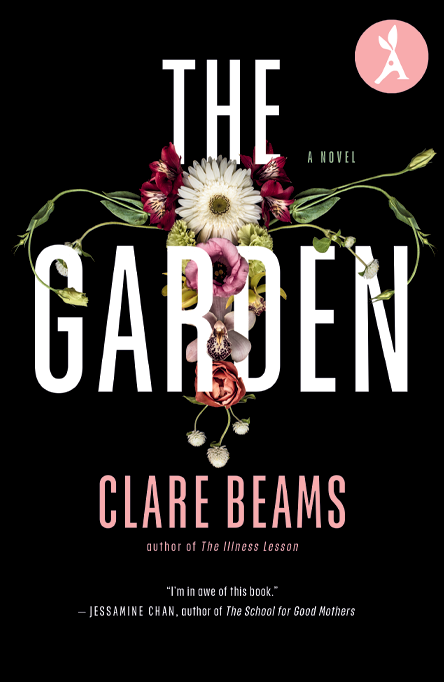"A brilliant and brilliantly different" (Kiese Laymon), wrenching and redemptive coming-of-age memoir about the difficulty of growing up in a hazardous home and the glory of finding salvation in geek culture.
Child abuse, violence, sexual violence, animal death, bullying, emotional abuse, language/slurs.
Stranded within an ever-shifting family’s desperate but volatile attempts to love, saddled with a mercurial mother mired in crack addiction, and demeaned daily for his perceived weakness, Joseph Earl Thomas grew up feeling he was under constant threat. Roaches fell from the ceiling, colonizing bowls of noodles and cereal boxes. Fists and palms pounded down at school and at home, leaving welts that ached long after they disappeared. An inescapable hunger gnawed at his frequently empty stomach, and requests for food were often met with indifference if not open hostility. Deemed too unlike the other boys to ever gain the acceptance he so desperately desired, he began to escape into fantasy and virtual worlds, wells of happiness in a childhood assailed on all sides.
In a series of exacting and fierce vignettes, Thomas guides readers through the unceasing cruelty that defined his circumstances, laying bare the depths of his loneliness and illuminating the vital reprieve geek culture offered him. With remarkable tenderness and devastating clarity, he explores how lessons of toxic masculinity were drilled into his body and the way the cycle of violence permeated the very fabric of his environment. Even in the depths of isolation, there were unexpected moments of joy carved out, from summers where he was freed from the injurious structures of his surroundings to the first glimpses of kinship he caught on his journey to becoming a Pokémon master. Sink follows Thomas’s coming-of-age towards an understanding of what it means to lose the desire to fit in—with his immediate peers, turbulent family, or the world—and how good it feels to build community, love, and salvation on your own terms.
Don't just take our word for it...
“Thomas really does accomplish the extraordinary…[He] has constructed a sort of alchemy on the page, but one born of experience, from skill and from a trust about what will end up on the other side…perhaps one of the biggest boons of Sink is its insistence that care is, above all, shared. It is everyone’s prerogative. In this way, Thomas has earned a deep bow.”
– New York Times Book Review
“For the reader, third-person narration creates a buffer to a brutal coming of age, and perhaps allows Thomas enough distance from his trauma to bravely expose the vulnerability and resilience of his youth.”
– Washington Post
“Thomas is a skilled prose stylist, and Sink is loaded with arresting imagery and insights into the eerie space between claustrophobia and freedom unique to childhood.”
– Vulture
Taste the very first page
Of all the protagonists in this story—both real and imagined—just Joey, the boy, owned an Easy Bake Oven. Owned it the way his grandfather, Popop, owned sound, like the sound of Joey’s name sliding out of smoke- black lips: “Joy!” he always said, “Joy! Come here!” Joey was timid, to put it nicely; and the Oven was purchased, with the help of Capital One, for his little sister, Mika, anyway. Joey had convinced Mika that she wanted one, and therefore, at seven, he received a gift that, through Popop’s eyes, sat scandalous in the lap of his little black man in training. But Joey used it to make cheesecake, red velvet cupcakes, blackened salmon, fried chicken, and Chilean sea bass with dirty rice. The oven itself was tiny and pink, sit- ting on a fold-out dinner tray, flimsy and flower-patterned, purchased from the Dollar General just three blocks away. And beneath the Oven Joey kept a black notebook. No one ever checked under there. Knowing he would make mis…
You might also like
The Tainted Cup
A Holmes and Watson–style detective duo take the stage in this fantasy with a mystery twist, from the Edgar-winning, multiple Hugo-nominated Robert Jackson Bennett.
A Drop of Corruption
The eccentric detective Ana Dolabra matches wits with a seemingly omniscient adversary in this brilliant fantasy-mystery from the author of The Tainted Cup.
Bat Eater and Other Names for Cora Zeng
A woman is haunted by inner trauma, hungry ghosts, and a serial killer as she confronts the brutal violence experienced by East Asians during the pandemic.
Historical FictionLGBTQIA+Gothic FictionIncludes a DogHorror
Blood on Her Tongue
Lucy's twin sister Sarah is unwell. She refuses to eat, mumbles nonsensically, and is increasingly obsessed with a centuries-old corpse recently discovered on her husband's grand estate.
RomanceDebut NovelIncludes a Dog
Any Trope But You
A bestselling romance author flees to Alaska to reinvent herself and write her first murder mystery, but the rugged resort proprietor soon has her fearing she’s living in a rom-com plot instead.
Dissolution
A woman dives into her husband’s memories to uncover a decades-old feud threatening reality itself in this staggering technothriller from the bestselling author of Ascension.
ThrillerContemporaryDebut Novel
Tilt
Annie is nine months pregnant. She’s shopping for a crib at IKEA. That’s when the massive earthquake hits. There’s nothing to do but walk.
Historical FictionLGBTQIA+Gothic FictionHorror
Hungerstone
A compulsive feminist reworking of Carmilla, the queer novella that inspired Dracula.
Historical FictionDebut NovelMagical Realism
Junie
A young girl must face a life-altering decision after awakening her sister’s ghost, navigating truths about love, friendship, and power as the Civil War looms.
Death of the Author
A disabled Nigerian American woman pens a wildly successful Sci-Fi novel, but as her fame rises, she loses control of the narrative. This is a story unlike anything you’ve read before.
Flirting With Disaster
She needs a divorce from her husband—but a hurricane threatens to dredge up their stormy, passionate past in this sizzling romance.
Good Girl
An electric debut novel about the daughter of Afghan refugees and her year of self-discovery and a portrait of the artist as a young woman set in a Berlin that can’t escape its history.
Dead Money
Featuring jaw-dropping twists and a wily, outsider heroine you can’t help rooting for, Dead Money is a brilliant sleight-of-hand mystery.
Cross My Heart
A twisty novel about a heart transplant patient who becomes romantically obsessed with her donor’s husband.
We Lived on the Horizon
The acclaimed author of The Book of Speculation returns with an engrossing new novel about a bio-prosthetic surgeon and her personal AI as they are drawn into a revolution.
After the Ocean
A painful unsolved mystery resurfaces after decades of confusion, sending one woman and her daughters on a journey of redemption in this emotional story about intergenerational trauma, family, and the beauty of Puerto Rico.
The Reformatory (2024 Members’ Choice)
A gripping, page-turning novel set in Jim Crow Florida that follows Robert Stephens Jr. as he’s sent to a segregated reform school that is a chamber of terrors where he sees the horrors of racism and injustice, for the living, and the dead.
Unromance
A recently dumped TV heartthrob enlists a jaded romance novelist to ruin romance for him—one rom-com trope at a time—so he never gets swept off his feet again…
Motheater
In this nuanced queer fantasy set amid the Appalachian Mountains in Virginia, the last witch of the Ridge must choose sides in a clash between industry and nature.
Private Rites
A speculative reimagining of King Lear, centering three sisters navigating queer love and loss in a drowning world.
Alter Ego
In the present day, a comics legend is given the chance to revive a beloved but forgotten character. But at what price?
Historical FictionDebut NovelLGBTQIA+Gothic Fiction
The Resurrectionist
A twisty gothic debut set when real-life serial killers Burke and Hare terrorized the streets of Edinburgh, as a young medical student is lured into the illicit underworld of body snatching.
Under Loch and Key
A woman discovers that not all monsters are her enemy—the opposite, in fact—in this new paranormal romance by Lana Ferguson.
The Serpent and the Wolf
A thrilling romantasy debut combines high-stakes political intrigue and a steamy, slow-burn, enemies-to-lovers romance.
What It’s Like in Words
A dark, intense, and compelling account of what happens when a young woman falls in love with the wrong kind of man.
Sci-fiLGBTQIA+Includes a DogHorror
American Rapture
The instant USA Today bestseller from CJ Leede, author of Maeve Fly—a scorching and sweeping new novel about the end of the world as we know it.
Memorials
A group of students encounter a supernatural terror while on a road trip through Appalachia in this chilling new novel.
The Scholar and the Last Faerie Door
A mythic, magical tale full of secret scholarship, faerie curses, and the deadliest spells of all—the ones that friends cast on each other.
Like Mother, Like Mother
An enthralling novel about three generations of strong-willed women, unknowingly shaped by the secrets buried in their family’s past.
Perfect Fit
A hilarious and heartfelt rom-com about having it all, slowing down to see the big picture, and finding out that the person you least expect could be your perfect fit.
Historical FictionDebut NovelIncludes a Dog
Eleanore of Avignon
The story of a healer who risks her life, her freedom, and everything she holds dear to protect her beloved city from the encroaching Black Death.
How to Hide in Plain Sight
The unbreakable bonds of family and love are explored in this brilliant and tender story from the author of Guy’s Girl.
So Thirsty
A woman must learn to take life by the throat after a night out leads to irrevocable changes in this juicy, thrilling novel.
Red River Road
Anna Downes's extraordinary next thriller follows a woman desperate to discover what happened to her sister on a solo road trip through the Australian outback.
Colored Television
A brilliant dark comedy about love and ambition, failure and reinvention, and the racial-identity-industrial complex.
Gothic FictionHistorical Fantasy
Lady Macbeth
A reimagining of Lady Macbeth, Shakespeare’s most famous villainess, giving her a voice, a past, and a power that transforms the story men have written for her.
A Dark and Drowning Tide
A sharp-tongued folklorist must pair up with her academic rival to solve their mentor’s murder in this lush and enthralling sapphic fantasy romance.
Bury Your Gays
Bury Your Gays is a heart-pounding new novel from bestselling author Chuck Tingle about what it takes to succeed in a world that wants you dead.
The Bright Sword
The #1 New York Times bestselling author of the Magicians trilogy returns with a triumphant reimagining of the King Arthur legend for the new millennium.
Look In the Mirror
From the New York Times bestselling author of Something in the Water comes “an utter white-knuckle ride that took me into a heart of darkness” (Lucy Foley, author of The Paris Apartment).
The Truth According to Ember
A Chickasaw woman who can’t catch a break serves up a little white lie that snowballs into much more in this witty and irresistible rom-com by debut author Danica Nava.
Mistress of Lies
A villainous, bloodthirsty heroine finds herself plunged into the dangerous world of power, politics and murder in the court of the vampire king in this dark romantic fantasy debut.
Catalina
by Karla Cornejo Villavicencio
A year in the life of the unforgettable Catalina Ituralde, a wickedly wry and heartbreakingly vulnerable student at an elite college.
I Was a Teenage Slasher
From New York Times bestselling horror writer Stephen Graham Jones comes a classic slasher story with a twist—perfect for fans of Riley Sager and Grady Hendrix.
The Unraveling
This chilling, sizzling, and addictive thriller from #1 New York Times bestselling author Vi Keeland follows a New York psychiatrist’s dark descent into dangerous obsession.
RomanceIncludes a CatMagical Realism
A Novel Love Story
A professor of literature finds herself caught up in a work of fiction…literally, from the New York Times bestselling author of The Seven Year Slip and The Dead Romantics.
The Stardust Grail
Save one world. Doom her own. From the acclaimed author of The Deep Sky comes a thrilling anti-colonial space heist to save an alien civilization.
Historical FictionDebut NovelMagical Realism
Masquerade
Set in a wonderfully reimagined 15th century West Africa, Masquerade is a dazzling, lyrical tale exploring the true cost of one woman’s fight for freedom and self-discovery, and the lengths she’ll go to secure her future.
Whoever You Are, Honey
This darkly brilliant debut novel explores how women shape themselves beneath the gaze of love, friendship, and the algorithm—by a thrilling feminist voice for the age of AI.
ThrillerDebut NovelIncludes a Dog
You Know What You Did
In this heart-pounding debut thriller for fans of Lisa Jewell and Celeste Ng, a first-generation Vietnamese American artist must confront nightmares past and present...
Lovers and Liars
Three wildly different sisters reunite for a destination wedding at an English castle in this heartfelt and rollicking novel from the New York Times bestselling author of The Jetsetters.
Evocation
From The Sunday Times bestselling author of B&N's best books of 2022 A Dowry of Blood, comes a spellbinding and vibrant new series. The Devil knows your name, David Aristarkhov.
Ghost Station
A crew must try to survive on an ancient, abandoned planet in the latest space horror novel from S.A. Barnes, acclaimed author of Dead Silence.
RomanceIncludes a DogMagical Realism
Happy Medium
A clever con woman must convince a skeptical, sexy farmer of his property's resident real-life ghost if she's to save them all from a fate worse than death, in this delightful new novel from the author of Mrs. Nash's Ashes.
The Garden
The discovery of a secret garden with unknown powers fuels this page-turning and psychologically thrilling tale of women yearning to become mothers and the ways the female body has always been policed and manipulated.
